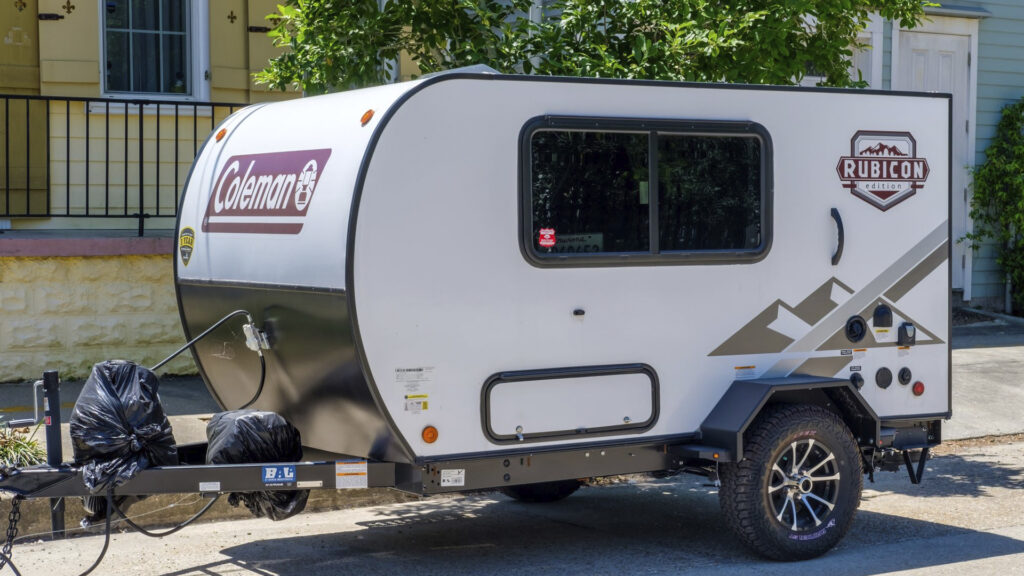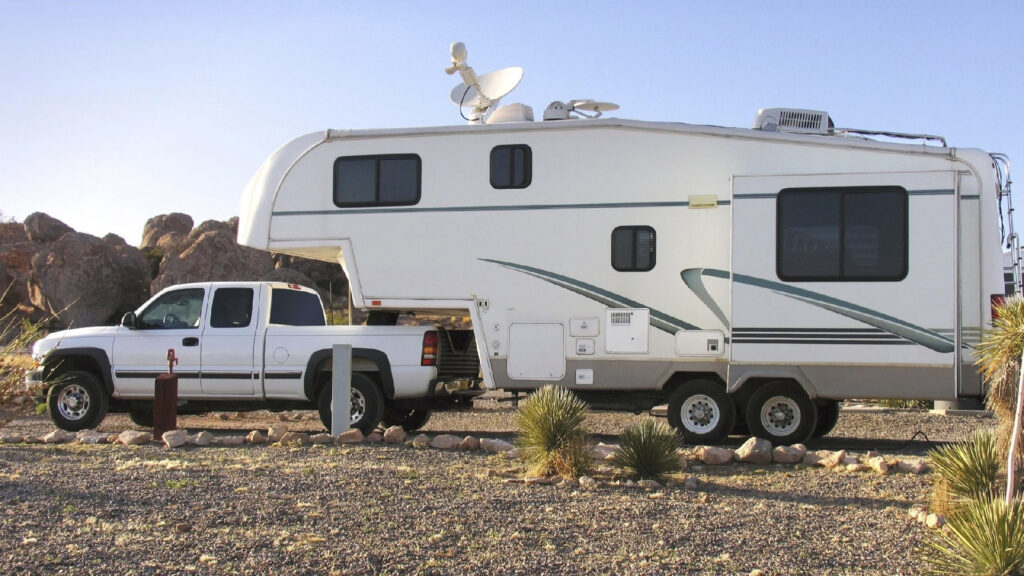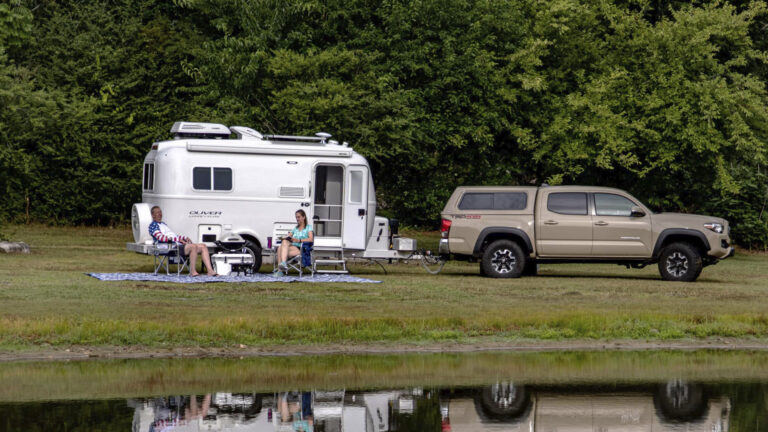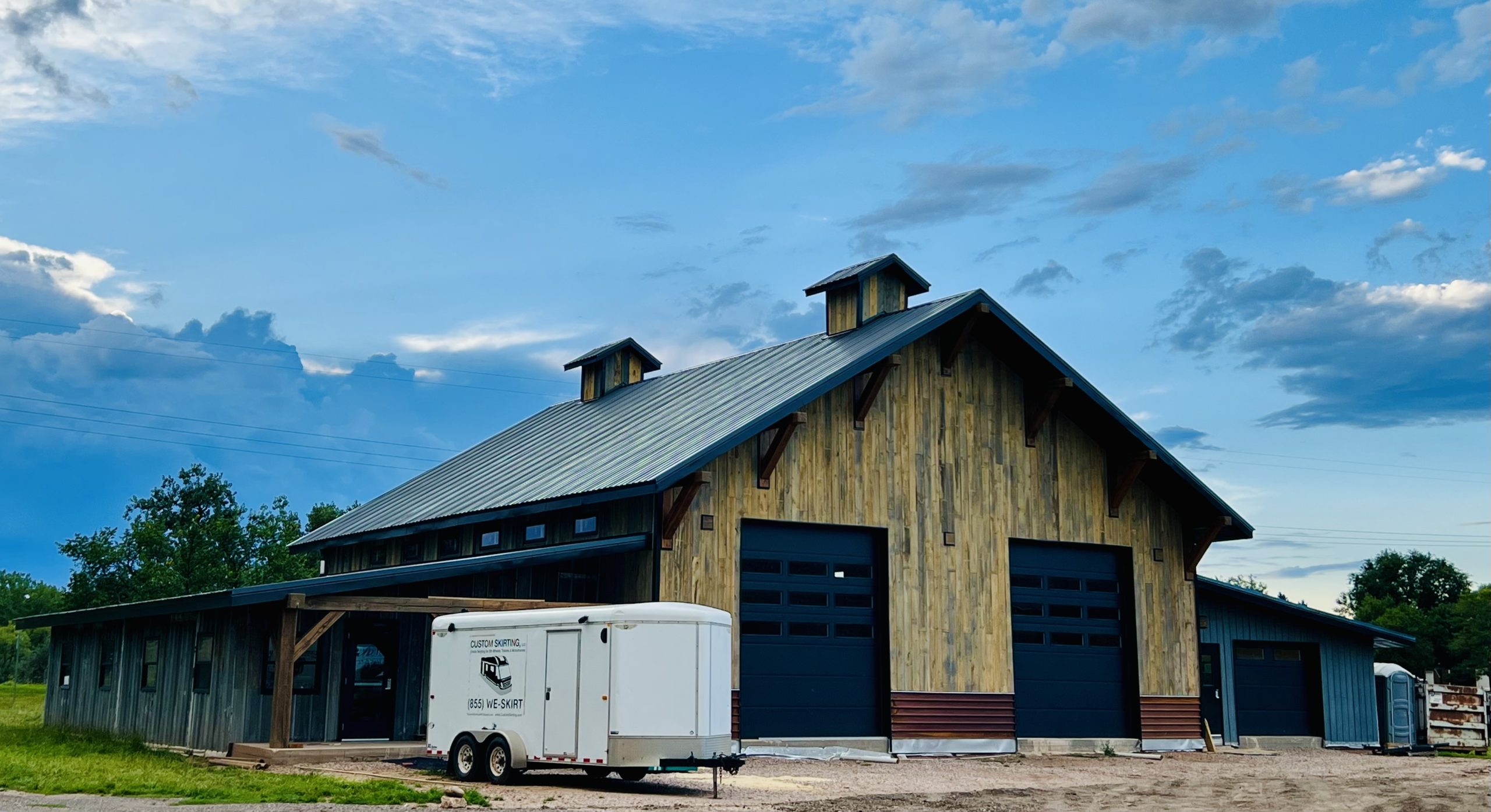Table of contents
Understanding the average camper weight is essential for anyone planning to tow or invest in an RV. Whether you’re wondering how heavy is a travel trailer or pondering how much does a 28 ft camper weight, knowing the specifics can help you make an informed decision. In this comprehensive guide, we’ll explore why knowing how much does a travel trailer weigh matters, dive into the details of how much does a 20 ft camper weight, and explain the importance of understanding the average camper weight overall. When planning your next adventure, it’s important to remember that a camper’s weight directly affects fuel efficiency, vehicle wear, and overall driving experience. Many prospective RV owners ask, how heavy is a travel trailer? Or even, how much does a 28 ft camper weight compared to other models? Read on to learn everything from basic terminology to practical towing considerations.
Understanding Camper Weight Terminology
Before delving into specific camper types, it is crucial to understand the key terms used in the RV industry regarding weight.
- Dry Weight: This is the weight of the camper without any cargo, water, or propane. Often, the average camper weight listed by manufacturers is the dry weight, but in reality, it increases once you load it up.
- Gross Vehicle Weight Rating (GVWR): GVWR represents the maximum weight a camper can handle, including all cargo, fluids, and additional features. This is a critical figure for answering questions like how heavy is a travel trailer when fully loaded.
- Tongue Weight: This refers to the downward force exerted on the tow hitch by the camper. Knowing tongue weight is essential to determine proper balance and safety.
Average Weights by Camper Type

Different types of campers have widely varying weight ranges, so understanding the average camper weight for each category is vital when choosing the right option for your towing vehicle.
Pop-up Campers
Pop-up campers are well-known for their lightweight construction, making them ideal for smaller tow vehicles. Typically, pop-up campers weigh between 1,700 and 2,500 pounds, with an average camper weight of approximately 2,300 pounds. Their folding design and canvas sides contribute to this lower weight, which is why many newcomers to the RV lifestyle wonder, how heavy is a travel trailer compared to these compact units. Although pop-up campers have a modest dry weight, it’s important to consider their Gross Vehicle Weight Rating (GVWR) and the extra weight that gear and supplies add once in use.
Teardrop Campers
Teardrop campers, another popular option, vary widely in weight—from as light as 500 pounds to as heavy as 3,200 pounds. Their compact design and minimal features often lead many to question how much does a 20 ft camper weight when compared to larger, more feature-rich models. Although these campers are designed for efficiency and ease of towing, adding amenities like a bathroom or kitchenette can significantly affect the average camper weight. Their small size also raises common questions such as how heavy is a travel trailer relative to other models, making them a favorite among those with lighter towing vehicles.
Travel Trailers
Travel trailers offer the broadest weight range, generally from 1,200 to 9,000 pounds in dry weight. Given this variety, prospective buyers often ask, how much does a travel trailer weigh and how that compares to other camper types. For instance, larger travel trailers might prompt additional questions like how much does a 28 ft camper weight and whether a compact version is more suitable. The weight of a travel trailer depends on its size, construction materials, and features like slide-outs, which can add substantial extra pounds. Understanding the average weight for travel trailers is key when considering which towing vehicle to use, particularly when weighing safety and performance factors.
Fifth Wheel Campers
Fifth wheel campers are typically the heaviest among towable RVs, with an average weight averaging around 12,700 pounds in dry weight. Their multi-level design, spacious interiors, and luxury amenities contribute to their higher weight. For those comparing options, it’s essential to ask how heavy is a travel trailer in the context of these larger models. Moreover, fifth wheels require specialized hitches and heavy-duty trucks, emphasizing the importance of knowing exactly how much does a travel trailer weigh when fully loaded. Questions like how much does a 28 ft camper weight can sometimes be answered by comparing these figures with those of fifth wheel models.
Truck Campers
Truck campers, which are installed directly into a truck bed rather than being towed, typically range between 1,000 and 3,500 pounds. They are particularly interesting because their weight impacts truck payload capacity rather than towing capacity. Many truck owners often wonder how much does a 20 ft camper weight when considering a truck camper option, while also comparing it to questions like how heavy is a travel trailer. The average weight of a truck is a key consideration for maintaining the correct balance and ensuring safe travel, making it imperative to understand the interplay between payload limits and weight.
Factors That Affect Camper Weight

The average camper weight is influenced by several factors beyond just the size and type of the camper. Here, we break down the key factors that can affect the final weight of your RV.
Construction Materials
One of the most significant factors in determining how much does a travel trailer weigh is the type of construction materials used. For example, aluminum construction is known for being lighter, while fiberglass tends to be heavier but offers better insulation. Frame materials also play a crucial role; steel frames typically add more weight compared to aluminum ones. Some manufacturers use composite materials that provide an excellent weight-to-strength ratio, ultimately affecting the average weight. When evaluating how heavy is a travel trailer, consider the materials used, as this directly impacts overall performance and fuel efficiency.
Features and Amenities
Extra features can dramatically increase a weight. Slide-outs, air conditioning units, generators, awnings, and advanced entertainment systems are common additions that add weight. Luxury features like residential refrigerators or washer/dryers can add several hundred pounds to the average weight. When assessing how much does a 28 ft camper weight or how much does a 20 ft camper weight, it’s essential to factor in these amenities. Even a seemingly minor addition may have a significant impact on how much does a travel trailer weigh once everything is fully loaded.
Length and Floor Plan
The design and floor plan of a camper are directly related to its weight. Generally, the longer the camper, the heavier it becomes. For instance, questions such as how much does a 28 ft camper weight are often answered by considering the extra space and additional rooms that contribute to higher overall weight. Open floor plans might distribute weight more evenly, but they can still lead to a higher average camper weight compared to more compact designs. Similarly, models designed with multiple rooms and bathrooms will often lead to queries like how much does a 20 ft camper weight, reflecting the complexities of their design.
Practical Considerations for Camper Weight
Knowing the average weight is only part of the equation. When it comes to actual towing and driving, several practical considerations need to be addressed to ensure safety and optimal performance.
Towing Capacity Requirements
One of the first things to consider is matching the weight to your vehicle’s towing capacity. Exceeding this capacity can lead to severe consequences, including brake failure, transmission damage, and unsafe handling. Many RV enthusiasts regularly ask, how heavy is a travel trailer relative to their vehicle’s limits. It is crucial to research and know how much does a travel trailer weigh in both its dry and loaded states. Similarly, when evaluating how much does a 28 ft camper weight or how much does a 20 ft camper weight, it’s important to ensure that your towing vehicle can handle the extra mass, leaving a safe margin below the maximum towing capacity.
Weight Distribution and Handling
Proper weight distribution is critical for safe towing. An imbalanced load can lead to dangerous situations like trailer sway, poor handling, and even accidents. The 60/40 rule, which suggests that 60% of the weight should be towards the front of the trailer, is one guideline that many campers follow to ensure stability. This balance is especially important when considering how heavy is a travel trailer or comparing how much does a 28 ft camper weight to other models. Ensuring even weight distribution helps to maintain the proper handling characteristics and prevents the complications associated with the average camper weight being too high in any one area.
Weighing Your Camper
Accurately weighing your camper is a crucial step before hitting the road. It’s recommended to use truck scales, RV-specific scales, or portable wheel scales to get a precise measurement. Knowing how much does a travel trailer weigh when fully loaded can prevent costly mishaps and ensure you’re within your vehicle’s towing capacity. Regularly weighing your camper also provides insight into its average camper weight changes after adding or removing equipment. Whether you’re trying to figure out how much does a 28 ft camper weight or how much does a 20 ft camper weight, frequent weigh-ins can help you manage and adjust your load for optimal performance and safety.
Plan Your Perfect RV Adventure – Stay Near Mount Rushmore!
Now that you understand average camper weight and have answers to questions like how heavy is a travel trailer and how much does a travel trailer weigh, it’s time to put your knowledge to good use and start planning your next great adventure!
Black Hawk Creek RV Park & Cabins is the ideal destination for new RV owners looking for a centrally located and scenic home base in South Dakota. Whether you’re visiting Mount Rushmore, the Badlands, or Rapid City, our year-round RV park offers spacious sites, modern amenities, and easy access to top attractions.
Don’t just research RV weights—experience the road for yourself! Book your stay today at Black Hawk Creek RV Park & Cabins and kick off your South Dakota adventure with comfort and convenience.






